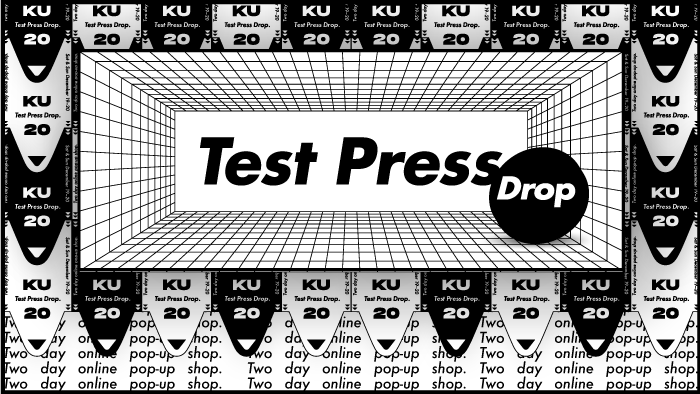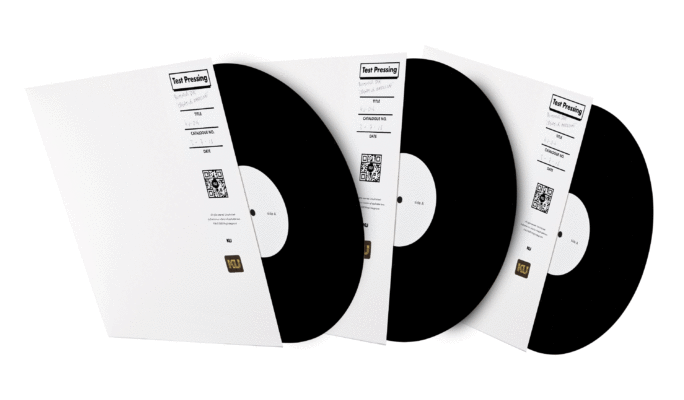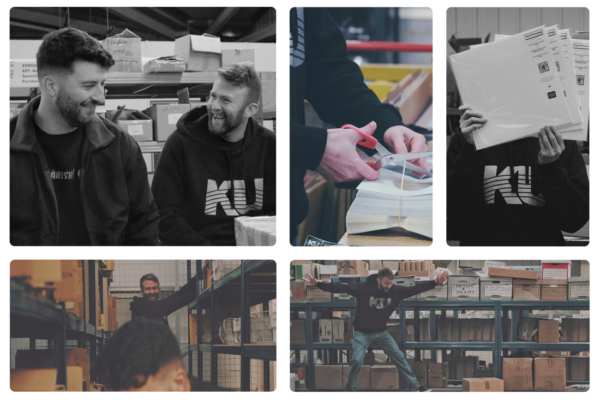
Test Press Pop-Up Shop
These test presses are a part of KU history. KingUnderground started as an online record-retail store in 2005 but in 2010 we released our first record and the label organically began. This is the first time we have offered our test presses to the public. Some of the original LP/7s are not in print anymore and we are unlikely to ever repress them.
Photos by Amelia Smith.
KU is a record label located in Milton Keynes, England. It started as a passion project and continues to be so. I grew up skateboarding, listening to Hip Hop, DJing, and collecting records which led to producing music, and starting the label. This is what I love doing. I wake up every day eager to get to my desk and start work. It’s fun and it’s been a very organic growth. – Dan Englander (Director)

When I first started releasing records, I didn’t have anywhere near the knowledge about pressing vinyl that I do now. There’s a lot that goes into pressing a record, our intent is to get the best sound quality possible. Over the years I’ve gotten more obsessed with making our records sound as good as they can. The early KU releases had home mastering and were pressed via Direct Metal Mastering (DMM). Now we invest a lot of money to bring in professionals for mixing, mastering, and cutting our Lacquers. I’m always trying to source the best person for the job. Cheaper options are available, but they sound cheaper and they feel cheaper. The trade-off for our heavy manufacturing costs is in the weight of each record. My dedication to this will always have me chasing after the highest quality sound for our artists and our listeners while maintaining a fair market value for our consumers. I sign artists because I believe in their music. I want each pressing to be representative of that notion. – Dan Englander (director/owner)
Glossary
![]()
Direct Metal Mastering – DMM is an analog audio disk mastering technique developed in the late 20th century. The technique cuts straight into the metal utilizing a higher frequency. The advantages are both sonic and practical: because of the rigidity of the master disc medium, no groove wall bounce-back effects take place after the cutting has been completed. This preserves the original modulation details in the groove, providing an improved listening experience.
![]()
Lacquer – An acetate disc (also known as a lacquer) is a type of gramophone record generally used from the 1930s to the late 1950s for recording and still in limited use today. Unlike ordinary vinyl records, which are quickly formed from lumps of plastic by a mass-production molding process, an acetate disc is created by using a recording lathe to cut an audio-signal-modulated groove into the surface of a lacquer-coated blank disc, a real-time operation requiring expensive, delicate equipment and expert skill for good results.



Comments are closed.